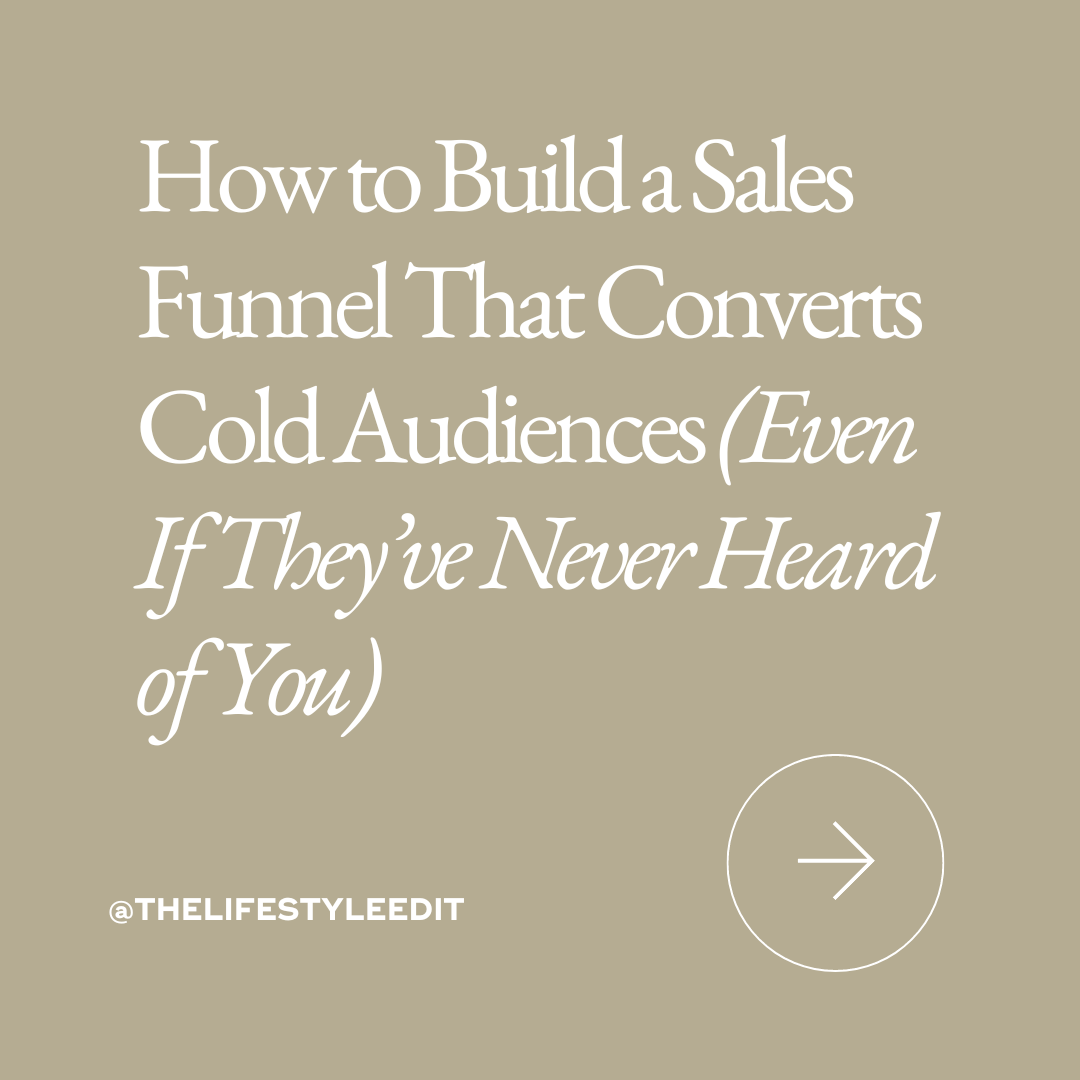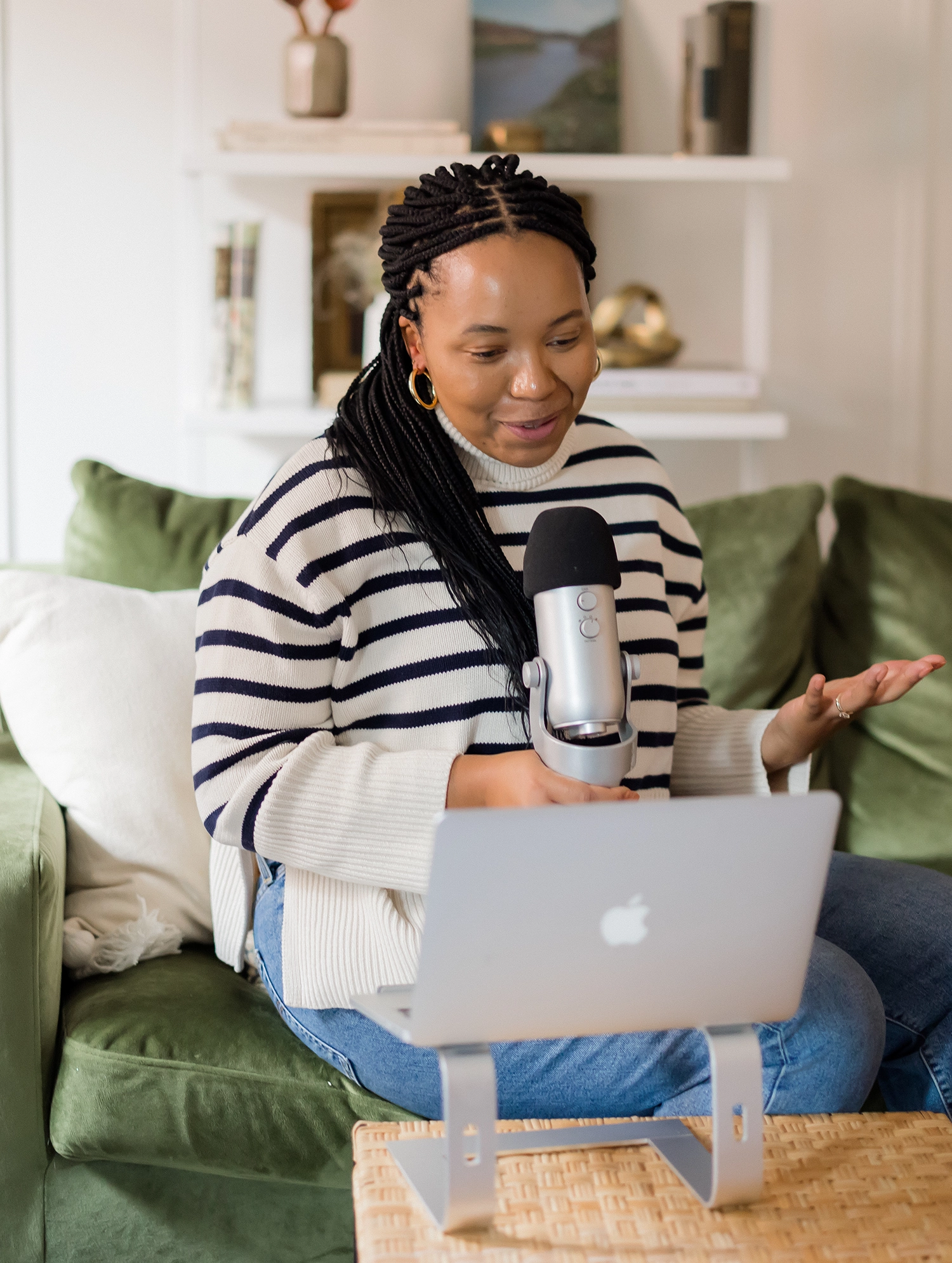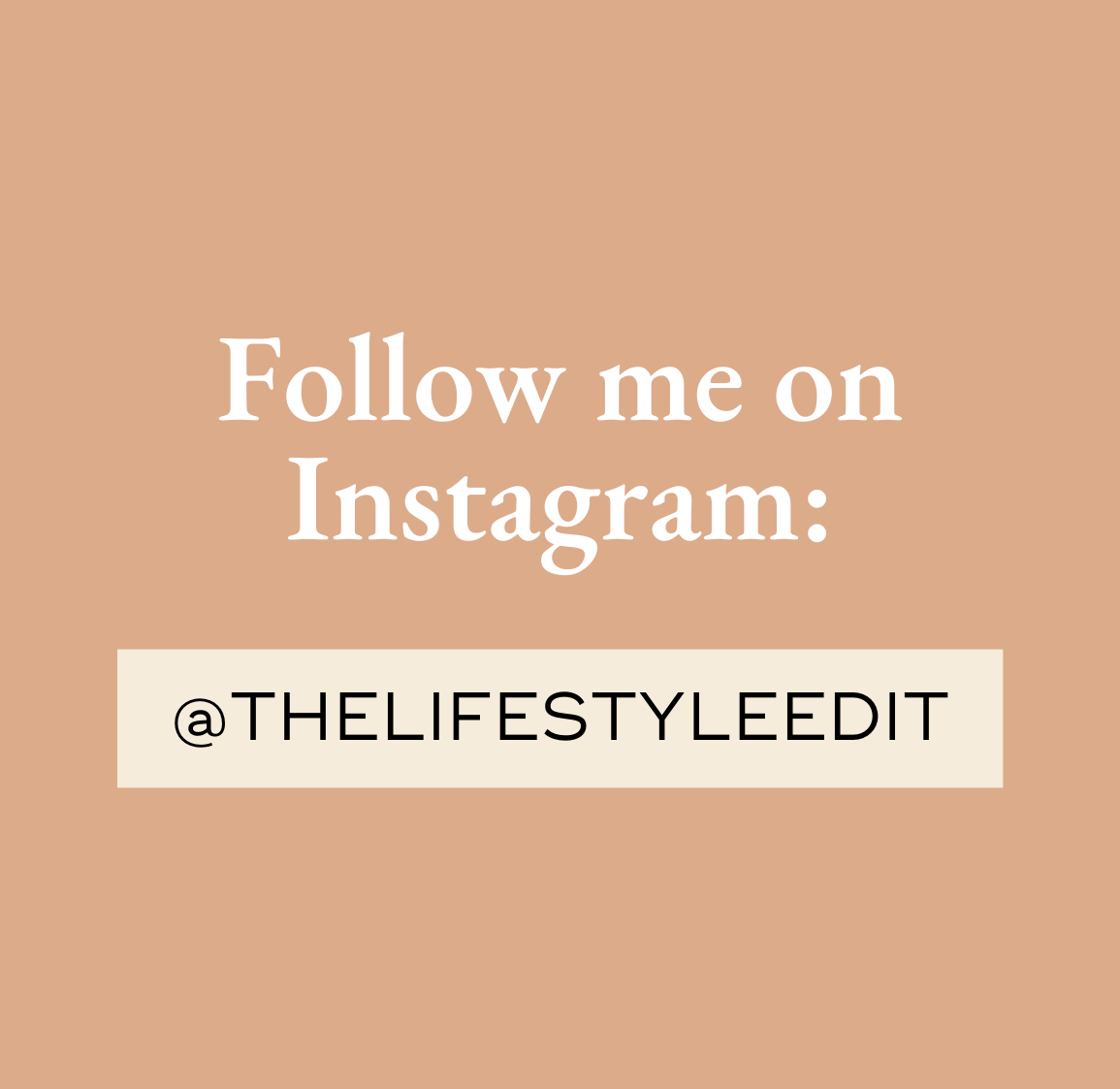Discover how to design a sales funnel that turns cold traffic into paying customers—even if they’ve never encountered your brand before
Creating a sales funnel that converts cold audiences is one of the biggest challenges for digital product creators.
When selling to people who have no prior connection to your brand, you’re not just competing with other offers—they might not even know they have a problem that needs solving yet.
That’s why building a sales funnel specifically designed to nurture cold leads is essential for scaling your business.
In this post, I’ll walk you through how to craft a sales funnel that not only attracts cold traffic but also converts them into paying customers.
The key lies in guiding them through a structured journey from awareness to purchase, all while building trust and addressing their pain points along the way.
Understanding the Cold Audience Mindset
Before we dive into the technical aspects of building a funnel, it’s important to understand the mindset of cold audiences.
Cold audiences are people who have never heard of you or your business. They don’t know who you are, why they should trust you, or whether your solution is right for them.
This makes their journey through your funnel much longer and more deliberate compared to warm leads.
To convert cold audiences, your funnel needs to:
- Introduce them to your brand and establish authority.
- Build trust by offering valuable content.
- Guide them toward recognizing their pain points and how your product can solve them.
Let’s break down each stage of the funnel and how to structure it for cold audiences.
Stage 1: The Awareness Stage
The first stage of your sales funnel is all about creating awareness. At this point, cold audiences are encountering your brand for the first time, so your goal is to grab their attention and give them a reason to stay engaged.
This is where you need to offer something of value—often in the form of a freebie, lead magnet, or valuable content.
1. Choose a Lead Magnet That Addresses a Key Problem
A lead magnet is your opportunity to start the conversation with cold audiences. But not just any lead magnet will do.
You need something that directly addresses a specific problem or challenge your ideal client is facing. This could be a free guide, checklist, webinar, or quiz—something that provides immediate value and is relevant to the next step in your funnel.
2. Optimize Your Landing Page for Clarity
Your landing page is often the first touchpoint cold audiences will have with your brand. The copy here needs to be clear, concise, and focused on the benefits they’ll get from your lead magnet. Avoid jargon or vague language—be specific about what they can expect and how it will help them.
3. Use Social Proof Early
Even in the awareness stage, social proof can play a powerful role in building trust. Include testimonials, case studies, or logos of well-known brands you’ve worked with to give cold audiences an extra nudge of confidence that they’re in the right place.
Stage 2: The Nurture Stage
Once someone has opted into your lead magnet, the next step is to nurture the relationship. Cold audiences are not likely to buy right away, so this stage is critical for building trust, educating them on their problem, and gradually introducing your offer as the solution.
1. Use Email Sequences to Build Trust
Your email sequence is where you nurture your cold audience. The goal here is to provide ongoing value while subtly introducing your paid offer. A well-structured nurture sequence typically includes:
- Welcome Email: Introduce yourself and set expectations for the value you’ll provide.
- Educational Emails: Offer insights, tips, or strategies related to the problem your audience is facing.
- Problem-Awareness Emails: Help your audience fully understand the problem and the implications of not solving it.
- Solution-Awareness Emails: Introduce your offer as the ideal solution, explaining how it can help them overcome the challenge.
By the end of this sequence, your cold leads should feel educated, understood, and confident that your offer can help them.
2. Continue Offering Value
Even as you introduce your offer, it’s important to continue offering value in your emails. Whether it’s a helpful tip, a link to a blog post, or a success story from a previous client, these value-driven touchpoints keep your audience engaged and moving toward a buying decision.
Stage 3: The Sales Stage
Now that you’ve built trust and nurtured your audience, it’s time to move them toward a buying decision. Cold audiences need more persuasion than warm leads, so your sales process must be strategic and well-timed.
1. Build a Compelling Sales Page
Your sales page is where cold audiences will decide whether to buy. At this point, they’ve been nurtured and are aware of the problem they need to solve. Your sales page needs to do the heavy lifting by clearly outlining:
- The Transformation: Focus on the results your product delivers and how it will change their life or business.
- Addressing Objections: Anticipate any objections or hesitations they may have, such as price, time commitment, or whether it’s right for them. Address these head-on with clear, confident answers.
- Strong Call to Action (CTA): Your CTA should be clear, action-oriented, and create urgency. Whether it’s a limited-time offer or a special bonus, give them a reason to act now.
2. Use Scarcity and Urgency Effectively
Cold audiences often need an extra push to make a purchase decision. Introducing scarcity (limited spots, limited time offers) and urgency (bonuses or discounts that expire) can help move them toward a purchase. Just be sure these elements are genuine and aligned with your brand values.
Stage 4: The Follow-Up Stage
Most people won’t buy on the first try. In fact, as many as 97% of cold leads won’t convert right away. This is why it’s essential to have a strong follow-up strategy to keep your audience engaged, even if they didn’t purchase during the sales stage.
1. Use Abandoned Cart or Post-Event Sequences
For those who didn’t buy, set up an abandoned cart email sequence or a post-event follow-up series. These emails should gently remind them of the value of your offer, address any lingering objections, and offer another opportunity to purchase.
2. Continue Nurturing Over Time
Just because someone didn’t buy right away doesn’t mean they won’t become a customer in the future. Keep nurturing your audience with valuable content, case studies, and success stories to stay top of mind. When they’re ready to buy, your offer will be the first one they think of.
Why This Funnel Strategy Works for Cold Audiences
Building a sales funnel that converts cold audiences is all about guiding them through a structured journey from awareness to purchase. By focusing on nurturing relationships, offering value at every stage, and addressing objections directly, you create a sales funnel that builds trust and confidence—even with people who have never heard of you before.
At Life-First Business, we teach you how to build funnels that do more than just capture leads—they convert cold traffic into loyal customers.
Converting Cold Audiences Is Possible With the Right Funnel
If you’re struggling to convert cold traffic, it’s not because your product isn’t good—it’s because cold audiences require a different approach.
By understanding their mindset and guiding them through a carefully crafted funnel, you can build trust, deliver value, and ultimately turn them into paying customers.
Ready to build a sales funnel that works for cold audiences?
Inside Life-First Business, we show you exactly how to create a funnel that nurtures leads and converts them into clients—no matter where they are in their journey. Join us and start scaling your business with confidence.







